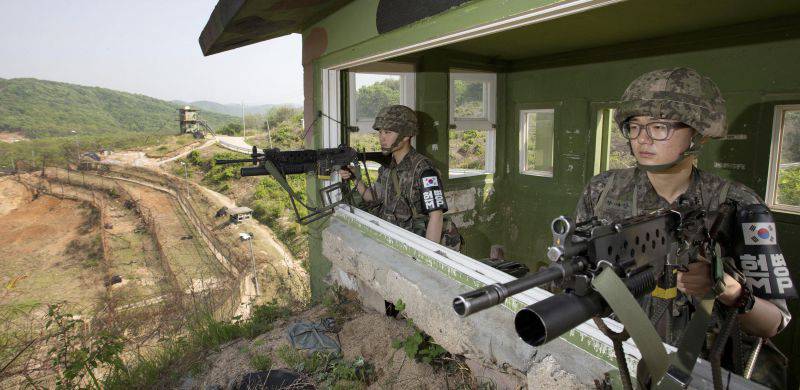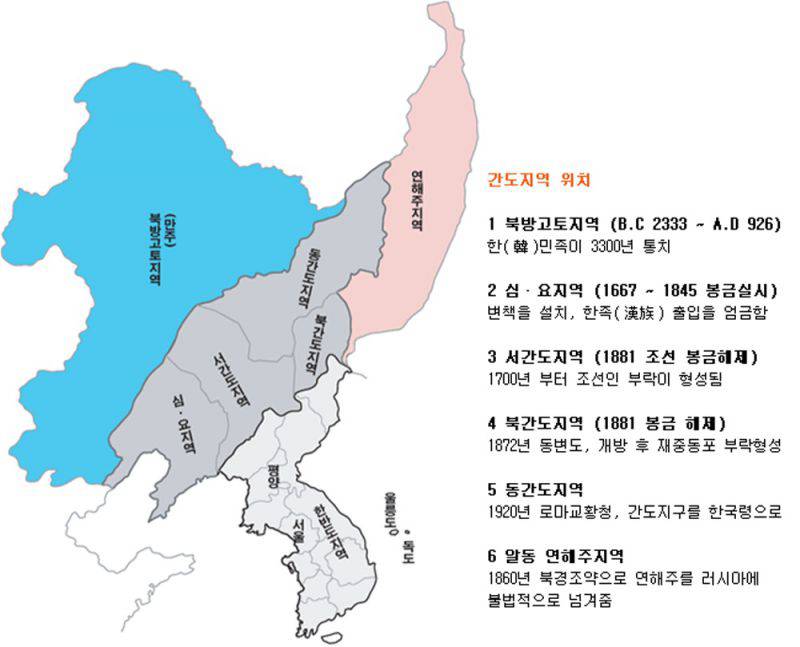Korea: common fate and common rock
Her opponent, Kim Jong-un, is also at the same ticklish position. After the failure of economic reforms and a frank simulation of turbulent activity, such as creating a unique time zone, he needs to strengthen his authority. He has no right to show weakness to the enemy, for such behavior would mean a loss of prestige within the country with the prospect of being overthrown, which in North Korean conditions is equivalent to a death sentence. Kim Jong-un is more likely to escalate, seeing her as the lesser of two evils.
However, it would be wrong to consider the probability of a direct armed conflict only through the prism of the personalities of the leaders. The world itself has changed. The collapse of state borders in Eastern Europe and the Middle East, coupled with the financial crisis and the fall in oil prices brought pre-storm anticipation into the world, which has now reached the Far East. Citizens of Kazakhstan and North Korea so long convinced that once the peninsula will be united, that now, in the suffocating atmosphere of the approaching war, it is enough for one of the leaders to declare that “the time has come”.
If the current conflict is somehow settled, then there is no guarantee that it will not break out again in five, ten or fifteen years. We will not touch upon the military details of a hypothetical collision, leaving them to be dismantled at the competent level of the Academy of the General Staff. We mention only a few obvious facts. The line of demarcation between North and South Korea is by and large not the border, but the front line. Over the decades, it has become a powerful fortified area, which neither side can storm without serious losses. Consequently, the strike will most likely be delivered to bypass the demilitarized zone by landing troops from the sea. Today, only one country in the world is capable of operating on such a scale - the United States of America. By the way, at the recent exercises, the South Korean and US military practiced just such a scenario, which caused the indignation of Pyongyang and all subsequent events.
Technically, South Korea is far superior to the DPRK. Measure the morale of the North Koreans is impossible, in addition, no one can prove that the South Koreans can not or do not want to fight. This is Asia and here any question becomes fundamental, any position is irreconcilable, with an appropriate level of cruelty on the battlefield and in the occupied territories. However, civil wars are terrible because they kill their own people with greater rapture than others.
If we talk about the main beneficiaries, then here first of all it is necessary to call the United States. Washington wins anyway. If the war does not start, then Seoul will only become more closely tied to the overlord. It will start - the US military-industrial complex will work well on supplies weapons, while China and Russia will have another source of problems under their nose. Creating a united Korea with its capital in Seoul is also quite in keeping with American interests. After all, the South Korean government has its deferred territorial claims to Russia (Noktundo) and to China, which own lands that were historically part of the Korean states. The positions of the united Korea will be much stronger than the two weakened fragments.
Russia will not defend the DPRK. China, apparently, too. Beijing has already shown that it does not want to get involved in a major conflict: during the recent border clashes with Burma, the leaders of the Middle Kingdom showed surprising restraint. Fighting for the DPRK, with which relations have badly deteriorated, Xi Jinping hardly dares. Japan will also stand aside, at best taking on transport support, as it was during the last Korean war. Tokyo here will present its arguments in the form of a Constitution and a complex historical heritage. In fact, the Land of the Rising Sun is not going to send its soldiers to recreate a direct geopolitical rival. And the invitation of the Japanese military to the peninsula will be a political suicide for any South Korean leader. Americans are another matter.
Russian interests on the peninsula are quite obvious. Although DPRK has been a client of Beijing for many decades, and not Moscow, for the Russian Federation the Kimov regime is a relatively calm and predictable neighbor. The war with its inevitable components (refugees, flights of crazy projectiles across the border, etc.), as well as the hypothetical appearance on our borders of a new subject, developed economically and militarily, does not bode well. Therefore, the peacekeeping statements of the Russian Foreign Ministry are quite explicable. Another interesting point is that both Koreans have a significant proportion of Soviet and Russian military equipment in service. In the DPRK, it is, of course, much higher, but there are several dozen of the Republic of Korea too, such is the T-80 and BMP-3.
Returning to the current situation in the region, it can be stated that the negotiations between the two sides ended precisely with what they should have been and did not bring any surprises. Perhaps it is for the better, since a predictable opponent is always better than an unpredictable one.


Information